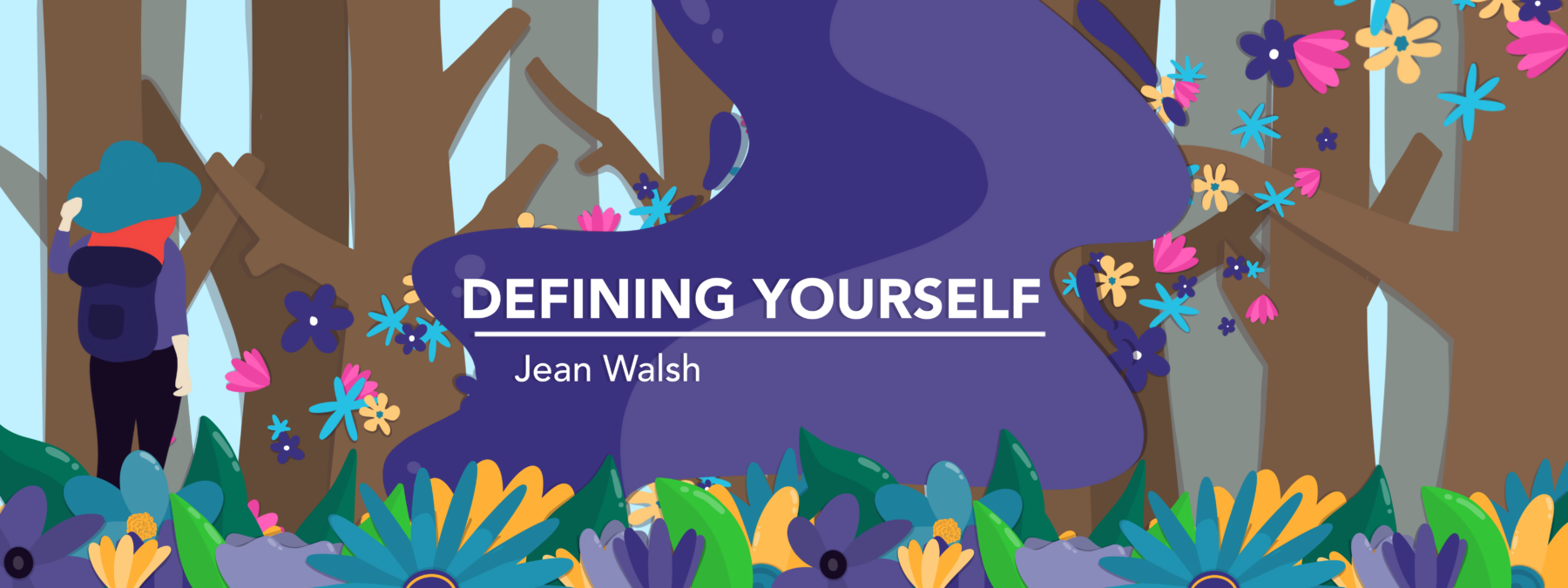Moving forward, reluctantly, with retiring my service dog
A columnist begins the important process of applying for a legacy dog
Written by |

I just began the process of getting my legacy service dog. A legacy dog follows a current service dog and is super important for those who rely upon these animals for independence.
I need a service dog because symptoms of my rare disease, Friedreich’s ataxia (FA), have significantly impaired my mobility and fine motor skills. My beautiful service dog, Wendy, has been instrumental in helping me remain independent.
My readers may remember my scare with Wendy last winter. The vet found several cysts, causing me much concern, but thankfully, the growths were benign. That fright prompted me to get my legacy dog application going, but moving forward on it is hard for me. I want only to think of Wendy at my side forever.
I had to fill out a couple of forms, get my doctor to verify my disability, and obtain some letters supporting my application. The first two were easy to complete; the hardest part was the letters.
I made this task easier by drafting sample letters for my endorsers. They could stick with the template or modify it to create their own. That made it straightforward for them, and I got the letters back quicker. I like to do it this way so I’m not tasking friends or family with something tedious.
My site visit
Once my application was accepted, I had to set up a site visit with the agency that trains the service dogs. Wendy came along to this interview. She’s gregarious and remembered the people who trained and loved her for her first 21 months. She wiggled her butt around in greeting and gratefully accepted belly scratches.
The staff asked me what I use her for and what I’d use a future dog for. This meeting was more about discussing my needs than finding a specific dog that would work for me.
Wendy is currently 8 and will retire about age 10, so as long as she stays healthy, I won’t need a new service dog for about a year and a half. The dogs I met will be fully trained and gone before then.
Still, I tried some of the dogs-in-training that the agency had on-site. They all were great and had distinct and special personalities. Some were quietly good while others nudged for attention.
At the end of my four tries with each dog, the trainers had me put them in the down position. While I was working with the dogs-in-training, my husband was holding Wendy’s leash. I didn’t see it, but he told me that each time I said “down,” she put herself in the down position. I love that girl!
Fundraising is my next step — the necessary step I hate. What do these funds go toward? Well, the agency raises your dog, feeds your dog, makes sure it gets the proper healthcare, pays their trainers, and more.
The agency that I’m working with solicits donations to augment the funds that each client raises. The money I raise will help fund someone else’s dog. Whichever bundle of cuteness comes my way will have been funded and trained thanks to generous donors. I imagine putting some of the onus of fundraising on clients helps the agency see how motivated we are. If we aren’t motivated to raise money, would we be motivated enough to take good care of our dog and keep it well-trained?
During this National Service Dog Month, I’m motivated to begin the work of fundraising for my next dog. I’d rather be fundraising for Wendy’s immortality, but since that’s not an option, fundraising for my legacy dog it is.
In case you were about to offer to take care of Wendy in her retirement, there’s no way I’m letting anyone else take care of her. Multiple people have offered, but when she retires, she’ll carry on living with us, giving us kisses, making us laugh, and being a role model for my new dog.
Note: Friedreich’s Ataxia News is strictly a news and information website about the disease. It does not provide medical advice, diagnosis, or treatment. This content is not intended to be a substitute for professional medical advice, diagnosis, or treatment. Always seek the advice of your physician or another qualified health provider with any questions you may have regarding a medical condition. Never disregard professional medical advice or delay in seeking it because of something you have read on this website. The opinions expressed in this column are not those of Friedreich’s Ataxia News or its parent company, Bionews, and are intended to spark discussion about issues pertaining to Friedreich’s ataxia.





Joanne Klonoski
Jean,
Please let us know how we might help fund your legacy service dog. Your columns are so insightful; they have been very helpful in understanding what my niece, now 32, must experience on an everyday basis. Thank you for all you do, and we are happy to help.
Jean Walsh
Hi Joanne, Please accept my apologies for being so slow to reply!!!! I am so glad my columns help you understand your niece's perspective. I will figure out how to be in touch to help me fund my legacy dog. That is a super kind offer! I haven't started to fundraise yet, but when I do, I'll let you know.